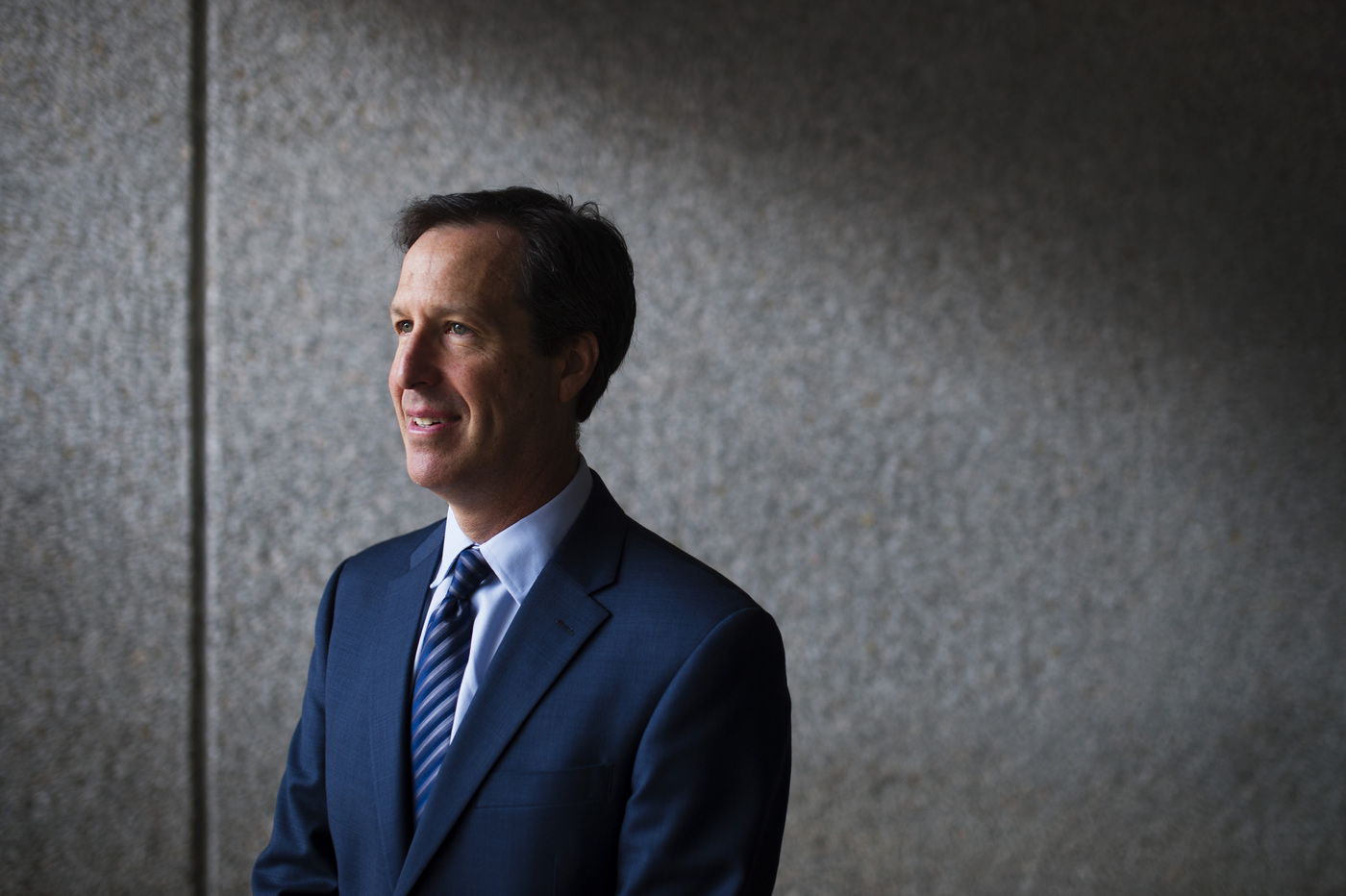Trump’s documents are way more than just evidence. They are property of the people (original) (raw)
Former President Donald Trump was known for taking notes with a Sharpie during his time in office. Now, thanks to a 1978 law, these notes belong to the American people, along with every other record of his presidency.
But this week, the former president’s adherence to the Presidential Records Act was called into question as it is reported that Trump allegedly held on to more White House records than previously thought.
On Monday, Aug. 8, the FBI executed a search warrant at Mar-a-Lago, Trump’s residence in Florida, and opened a safe there in search of files that officials said had been removed from the White House, The New York Times reported. Investigators left the home with 11 sets of documents, some of which were marked Top Secret, meaning Trump may have violated the Espionage Act as well, The Times reported Friday.

Dan Cohen, Dean of Libraries and Vice Provost for Information Collaboration. Photo by Adam Glanzman/Northeastern University
This isn’t the first time White House records have been taken from Trump’s home. Earlier this year, The U.S. National Archives and Records Administration (NARA) obtained 15 boxes of documents, including classified materials, from Mar-a-Lago, and notified the Justice Department. Trump told The New York Times after the Monday raid that he has been cooperating with government agencies and that the search was politically motivated.
While it is unclear why the files were taken—Trump is under investigation for, among other things, attempting to undermine the results of the 2020 presidential election—Trump’s alleged removal of files has consequences beyond potential criminality. According to one Northeastern expert, it also has implications for the broader historical record.
Under the Presidential Records Act of 1978, once a president’s term ends, all presidential and vice presidential records must be turned over to NARA. This only applies to records made after 1981, when Ronald Reagan began his first term. Paper memos, emails, texts, voice memos, scraps of paper with scribbled notes for an upcoming speech—anything that is “related to their acts as president” falls under NARA’s jurisdiction, according to Dan Cohen, dean of libraries at Northeastern University.
Presidents can keep personal records like diaries, and they can request for files to be destroyed or to be declared personal; however, “any time a document is related to the actual public activities of the president, those are in fact under the PRA,” Cohen says.
Once the records are turned over, NARA archivists appraise and organize them, and dispose of some of them. Presidential libraries make these records accessible to the public, though restrictions can be made to public access for certain reasons, such as national security. Wrongly moving classified documents is a felony that carries a five-year maximum sentence, thanks to a 2018 law that Trump himself signed.
The PRA is essential for maintaining a comprehensive historical record, Cohen says.
“From an archival perspective, these records are very important,” he says.
Cohen says the records act is a reminder that the president and vice president are public servants, and that what they create during their time in the White House is the property of the people of the United States. In addition, “retaining these documents is really essential to understanding the history of our country, the reasons that certain decisions are made, and it’s really critical in our ability to self-document and understand the long history of our country,” he says. “It’s a key part of America’s self-documentation.”
Even scraps, annotations and revisions can have implications for the historical record. These notes can tell us more about a president’s intentions, Cohen says, and “provide context and a more thorough history than we have in the first draft of history.” For example, in one COVID-19 pandemic briefing, Trump edited a script using a Sharpie; where the script said “coronavirus,” he crossed out “corona” and wrote “Chinese.”
Collecting all of these files is an “increasingly complicated” and “pretty daunting” project for archivists, Cohen says. It’s a project that spans different drives and servers, and includes potentially millions of files.
But the archivists are also “meticulous,” he says, in making sure they have a complete and comprehensive record. As Cohen says, files don’t exist on an island—most of the time, they exist in reference to each other. “It’s very rare for there to be documents that exist purely on their own, especially in modern forms of government,” he says. “I don’t think it’s at all a surprise that in doing an audit of the Trump White House, they could easily see where there were gaps.”
Is it possible that Trump didn’t know the rules when he took office? NARA guidelines stipulate that White House staff should be briefed on their policies at the beginning of a president’s term. But in an upcoming book by reporter Maggie Haberman, she alleges that Trump tore up documents and tried to flush them down the toilet, something a Trump spokesperson denied in a statement to Axios.
“What’s weird here,” Cohen says, “is that this was a White House that probably didn’t pay a lot of attention to the ground rules that NARA set up at the beginning.”
For media inquiries, please contact media@northeastern.edu.